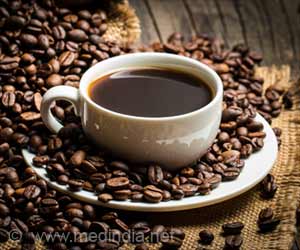In this study, researchers led by the University of Tsukuba investigated the effects of TG on memory and spatial learning (acquiring, retaining, structuring, and applying information related to the surrounding physical environment) from both a cognitive and molecular biology perspective in an integrated manner using a senescence-accelerated mouse prone 8 (SAMP8) model.
Following oral administration of TG to SAMP8 mice for 30 days, the Morris water maze test indicated a significant improvement in spatial learning and memory performance compared with SAMP8 mice that did not receive TG.
The Natural Brain Booster
Next, the researchers performed a whole-genome transcriptomic analysis of the hippocampus to explore the underlying molecular mechanisms.
Advertisement
They found that signaling pathways related to nervous system development, mitochondrial function, ATP synthesis, inflammation, autophagy, and neurotransmitter release were significantly modulated in the TG group.
Furthermore, the research team found that TG suppressed neuroinflammation by negatively regulating the signaling factor Traf6-mediated activation of the transcription factor NF-κB.
Additionally, quantitative protein analysis confirmed that the levels of inflammatory cytokines TNF-α and IL-6 were significantly decreased and the levels of neurotransmitters dopamine, noradrenaline, and serotonin were significantly increased in the hippocampus. These findings suggest the efficacy of TG in preventing and improving age-related spatial learning memory impairment.
Reference :
- Transcriptomics and biochemical evidence of trigonelline ameliorating learning and memory decline in the senescence-accelerated mouse prone 8 (SAMP8) model by suppressing proinflammatory cytokines and elevating neurotransmitter release
– ( https://link.springer.com/article/10.1007/s11357-023-00919-x)
Source: Eurekalert



